Ethnobotanical Wisdom of Gaddi Tribe in Western Himalaya
Synopsis
The book is based on the intensive and extensive ethnobotanical surveys and field studies among the Gaddi tribe of Western Himalaya. They live in remote forest areas ranging from the foothills to high altitude of Dhauladhar ranges in the district of Kangra, Chamba and other adjacent region of Himachal Pradesh in Western Himalaya. Gaddi is the ancient tribe of Himalaya having about 1 lakh population. Their life style is quite different and interesting from other hill communities of the Himalaya. The book deals with traditional life style and culture of Gaddi's in relation to medicinal and economic plant wealth covered in chapters viz. Introduction, Gaddi's of Western Himalaya, ethnobotanical plants - food, medicine, fibre, oil, gum and resin, dyes nd tannin, fodder, timber and wood work, tribal-crafts, fuel, socio-religious ceremonies, narcotics and drinks and miscellaneous uses, ecodevelopment of the region. An exhaustive inventory of about 450 plants and plant products of ethnobotanical value has been dealt in the book. The biodiversity resources utilized by the tribes in their day to day life and healthcare has been provided in the book. The book contains so many photographs and illustrations pertaining to vegetation, plants and plant product. A number of new or less known ethnomedicinal preparation/recipes are described based on the indigenous phytotherapy of Gaddi medicinemen. The book is useful to the environmentalists, botanists, ethnobotanists, Ayurvedic physicians, phytochemists, anthropologists, researchers, planners and administrators interested in ecodevelopment of the region and for sustainable utilization of the plant wealth. The book serves as useful potential for the academic references and the workers who are keen to know about folklore and indigenous knowledge of our country.
Read more
24.30
21.87
$
27.00 $
Free delivery Wolrdwidе in 10-18 days
Ships in 2-4 days from New Delhi
Membership for 1 Year $35.00
Get it now and save 10%
Get it now and save 10%
BECOME A MEMBER

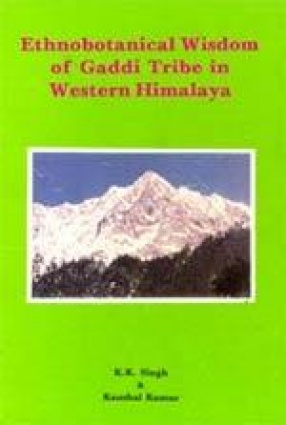



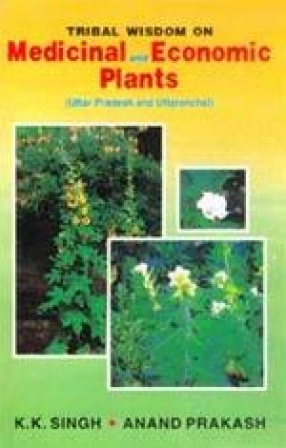
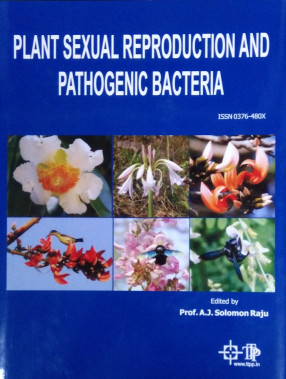
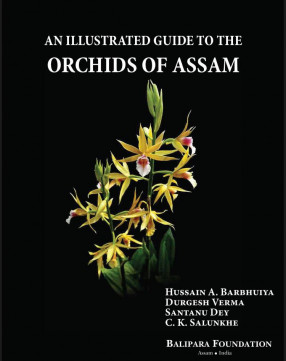
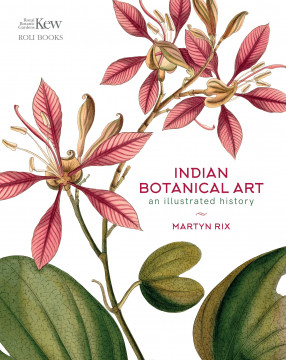
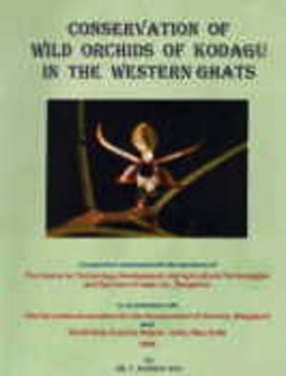

Bibliographic information
K K Singh
Tags